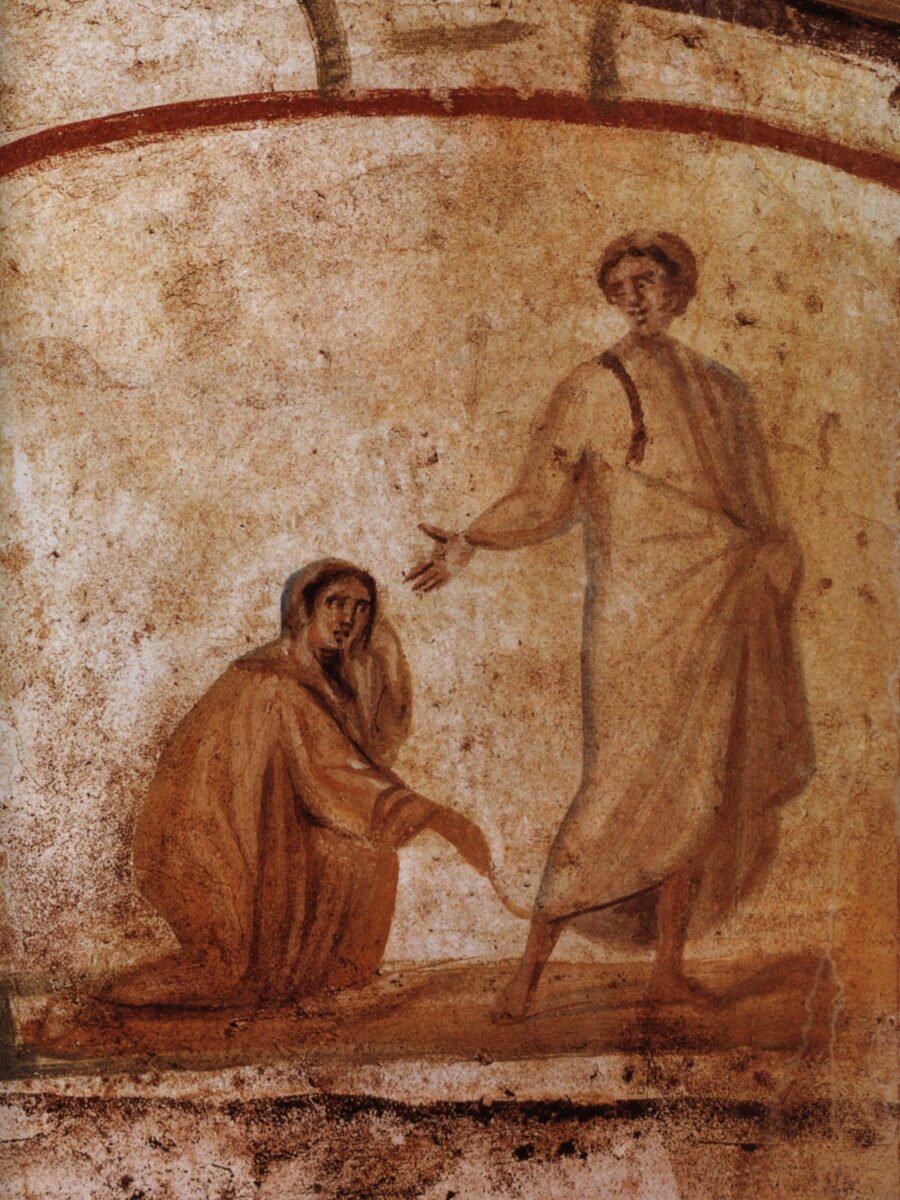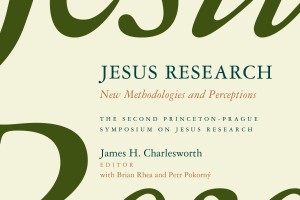For those of you who enjoy the melodies and music of Broadway’s classic musicals, there is one that is surely near the top of your list, especially if you find your ear longing for a minor key – Fiddler on the Roof. It’s a favorite of mine, and when you look at its place as the 14th most performed in history, I think other’s would have it high on their list as well. But, for those who don’t follow, let me set the stage for you. The scene is set in Czarist Russia at the beginning of the 20th century, as the curtains pull back to reveal Tevye, a poor Jewish milkman who, with the rest of his Semitic village, lives a preservationist life, seeking to protect his religion, his family, and his society from the influences of a changing and encroaching outside world. In his opening monologue, Tevye boasts that he and his people have been able to “keep their balance for many, many years…and how do we keep our balance? TRADITION!” <enter musical number>.
How one eats, how one cooks, what one wears, marriage, family structure, employment, village polity, etc.- all of these pillars of his society have been homogenously preserved by the cast of tradition. Now, Broadway has a story it wants to tell us about the future and the consequences of an elevated and unwavering commitment to tradition. But, Jesus has a few words about tradition as well.
In Mark Chapter 7, Jesus is confronted by a group of scribes and Pharisees, who hope to shred his credibility by criticizing the behavior of his disciples. Jesus’ disciples are not washing their hands before they eat, and thus are clearly not obeying the “traditions of the elders.” This “oral law” had been slowly growing and evolving hundreds of years before Jesus, with the purpose of helping Israel live out (and to not break) the Law of Moses. At Mt. Sinai, God gave Moses the Torah, or the law. However, despite its details in some areas, it still left gaps regarding how to specifically act in different unique situations in life. This is where the oral tradition became helpful in two ways- first, it helped to “fill in the gaps.” Much like the laws of congress help to apply the Constitution to the specifics of everyday life. Thus, even in this example, we can see that tradition can be helpful, even good: it has its practical purposes.
However, with time, these teachers of the law began to elevate this tradition to a point where many considered it divine law in and of itself. And ironically enough, fervent devotion to this tradition (a fence or barrier intended to keep people from breaking the explicit law, because even breaking the tradition would still leave them distance from having actually broken the Mosaic Law) was leading these Jewish leaders to actually break the written Law of God. Jesus deals them a scathing blow by associating their empty-hearted religiosity to the Israelite priests 600 years before their time in his quotation of Isaiah 29:13. Just like those leaders, whose leadership eventually lead Israel to eventual idolatry and consequent exile, these Pharisees honored God with their lips, “but their heart is far away from me.” The road to impurity and disobedience of God is not maintained by ceremonial habits and washings, or protecting oneself from contact with clean of unclean items. “That which proceeds out of the man, that is what defiles the man.” The path of impurity begins in the human heart. So continues Mark 7:14-23. But the real shock factor of 7:1-13 seems to be that under the appearances of devout worship and disciplined religiosity can really lurk a disobedient heart.
The power of corrupt intensions is made clear in Jesus’ example of the practice of Corban in 7:9-13. A Pentateuch founded ambition (Lev 27:28, Num 18:14) of offering property as a devoted gift to God had, by the intervention of corrupt intensions, turned this practice into a scheme of deferred giving and asset hording. By declaring something Corban (Literally or “offering, or gift offering”) one was specifically devoting specific goods or property to the LORD. Once something was declared ‘Corban’ it was vowed or “devoted to God. ”It could not be taken back, because breaking a vow, is a clear violation of the law. Once the owner died, this property would be given to the temple. But in the meantime, it could still be used by them. The treachery here is that eventually, some sons would declare property “Corban” so that it could not be gifted or spent on care for their parents, because it was now devoted to God. But, he still got to use it for his own will as long as he lived! Think that isn’t sleazy enough? Well, in case you really didn’t want to give it to God, to the tune of fifty shekels from a man (30 from a woman), something could conveniently be “de-corbanized” by a priest. Thus, a practice that once had remote biblical support had become tool for satisfying the greedy selfishness of the heart. Corban became a scheme of differed giving and asset hording-and a shivering example of the sly corruption that comes out of the human heart, and the extent to which it can even corrupt “religious” practice.
What are we to do? How can we trust if anything that we do or say is good? For an answer, I’ll call on the first grader raising and waiving his hand in the front row of his Sunday School class with that famous go-to answer:- “Jesus!” Whereas the religious leadership of the people in Jesus day had mislead people with empty, even impure, hearts, Mark presents Jesus as the true revealer of worship, and as the ultimate source for purifying the impure state of man’s heart. The blood-shed sacrifice of the suffering servant will make clean anyone who responds to Jesus with faith. Jesus is the wellspring of unending purity, and the only fountain that can wash clean the human heart of wickedness.
So… nice little sermonette. But this is a blog. What is the significance? My time spent in study of this episode in Jesus’ life was occasioned by preparation to teach on this passage a few weeks ago. And for those who have not experienced it already, perhaps one of the greatest graces of teaching God’s word to others, is that He transforms the teacher in the process of preparing- because it’s often the preacher who needs to hear and to respond to the message the most!
In my case, it was the week after teaching on the matter of the heart of man that I began to reflect, “in what way have I let the traditions of my faith heritage lead me to empty hearted worship? In what was do the old habits lingering from a heart born of impurity sometimes contaminate the different activities and ministries I’m involved with?” This inward reflection lead me to think about how and where I invest my time: planning and executing Bible studies or theology roundtables within the community. Preparing for messages. Devoting time to the reading of Scripture and prayer. Accountability sessions with peers and mentors. All of these are outwardly noble things, but is it possible that my motivation for many of these may actually be sourced by impure motives? Does pride, and concern for how righteous my life appears, push me more through late nights of study or to engage in conversations with others, more than love and worship? I recently had a friend ask me if it was wrong for him to find motivation for accomplishing task in vengeance. Is it ok to hold onto a nugget of ambitious greed, or a sample of determination powered by a vendetta, to give you the strength to tough out a job hunt? To finish a degree? To secure the victory in a sporting event? To achieve that promotion in your workplace? If intensions of the heart are what really determine how clean or unclean our actions are, then perhaps the ends (success and achievement of tasks and accolades in life, ministry, work, etc) don’t justify the means (finding strength and motivation in pride, in bitterness, in greed, or in retribution).
In some way, perhaps we can relate to Frodo Baggins and his predicament. He finds much helpful use out of the Ring of Sauron, and the power of invisibility undoubtedly wins him success many times in his noble mission to destroy it. However, once he realizes that the ring itself is consuming him and causing his soul to fade, it becomes clear that use of this tool, even if seemingly necessary to help achieve immediate goals, is not a safe or proper means of achieving these outcomes.
My heart’s conviction, and today’s exhortation, is to make sure that the disciple of Jesus, regardless of age or ministry, be devoted to regular times of self-examination to the motivation of your heart. Myself the task driven American, real self-evaluation is often a “back-burner” priority, as time invested in this more ethereal discipline doesn’t bring the immediate and tangible return of investment that other activities do. But these accomplishments don’t qualify for much (and perhaps even for evil), if we operate out of the heart’s pattern of impurity, versus Jesus’ grace for generating worship.
To summarize this self-reflective warning, its probably best to leave on the words of the wise Jaroslav Pelikan- “Tradition is the living faith of the dead; traditionalism is the dead faith of the living.”





5 Comments
Leave your reply.